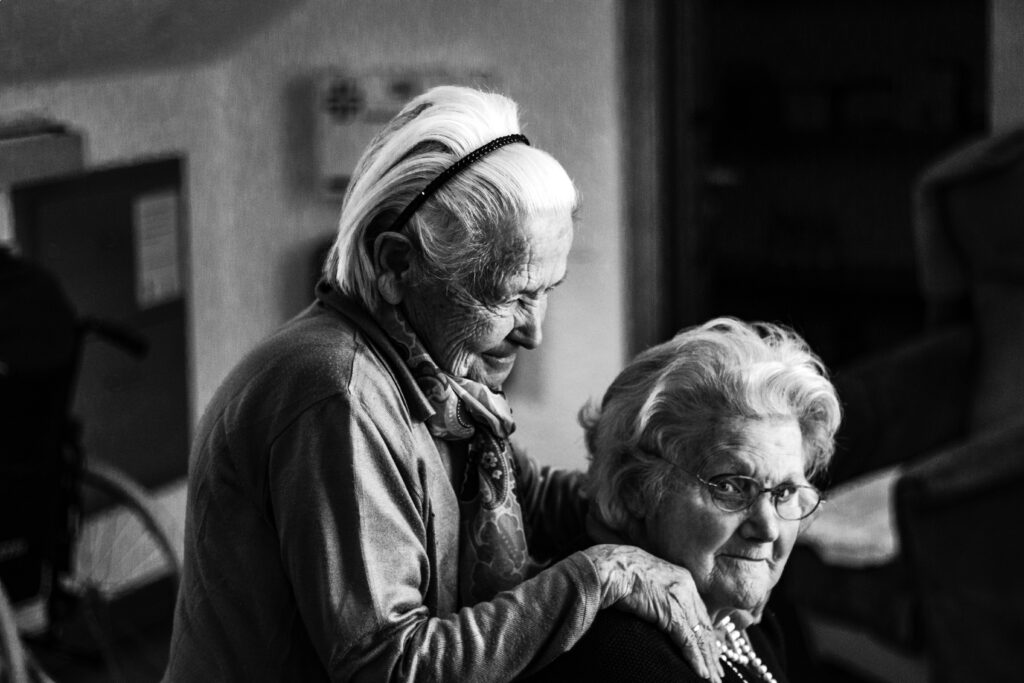When families entrust their loved ones to nursing homes, they expect a high standard of care, especially when it comes to medical treatment. Unfortunately, nursing home negligence can result in severe complications, such as infections developing in surgical wounds. This situation can have devastating consequences for residents who are already vulnerable due to age or preexisting health conditions. In this article, we’ll explore the causes of surgical wound infections in nursing homes, the legal implications of negligence, and how families can seek justice for their loved ones.
Causes of Surgical Wound Infections in Nursing Homes
Surgical wounds require careful monitoring and proper care to prevent infections. In a nursing home setting, the development of a surgical wound infection can stem from several factors:
- Poor Hygiene and Sanitation: Nursing homes that fail to maintain sanitary environments put their residents at risk for infections. Unclean facilities, contaminated equipment, or inadequate handwashing protocols among staff can introduce bacteria into open wounds.
- Lack of Proper Wound Care: Wound care management is critical to prevent infection, especially in elderly residents whose immune systems may be compromised. Neglecting to change dressings regularly, monitor the wound for signs of infection, or apply the correct treatments can lead to infections that may require hospitalization.
- Understaffing: Many nursing homes operate with limited staff, resulting in rushed care or overlooked medical needs. Understaffed facilities may not provide timely care, increasing the likelihood of a surgical wound becoming infected.
- Failure to Follow Medical Protocols: Nursing homes must adhere to strict medical protocols when caring for residents with surgical wounds. This includes administering prescribed antibiotics, regularly cleaning the wound, and monitoring for early signs of infection. Any deviation from these protocols could constitute negligence.
Legal Implications of Nursing Home Negligence
When a nursing home resident develops a surgical wound infection due to negligence, it may give rise to a personal injury or medical malpractice claim. Nursing homes have a legal duty to provide a certain standard of care to their residents. If they fail to meet that standard, resulting in harm, the facility can be held liable for negligence.
Key elements of a nursing home negligence claim include:
- Duty of Care: The nursing home must provide adequate care to its residents, including proper medical treatment and hygiene practices.
- Breach of Duty: Negligence occurs when the nursing home fails to meet the expected standard of care, such as failing to clean or monitor a surgical wound.
- Causation: It must be demonstrated that the nursing home’s negligence directly caused the infection or worsened the resident’s condition.
- Damages: The resident (or their family) must have suffered physical, emotional, or financial harm due to the negligence, such as hospital bills, pain and suffering, or reduced quality of life.
Steps to Take If a Loved One Develops a Surgical Wound Infection
If you suspect that a loved one’s infection is due to nursing home negligence, it’s essential to take immediate action to protect their health and legal rights:
- Seek Medical Attention: Ensure that the infection is treated promptly to prevent it from worsening. Document all medical visits, treatments, and diagnoses related to the infection.
- Document Evidence of Negligence: Take photographs of the wound, and gather any available records of the care provided at the nursing home, including the staff’s response to the infection.
- Consult with an Attorney: A personal injury or elder abuse attorney can help you assess the situation and determine whether negligence played a role in the infection. An attorney can also help you gather evidence, file a claim, and pursue compensation for the harm caused.
- File a Complaint: In addition to pursuing legal action, you may file a complaint with the state’s regulatory agency overseeing nursing homes to hold the facility accountable for its actions.
Surgical wound infections in nursing home residents are often preventable and can result from negligent care. If your loved one has developed an infection due to inadequate care at a nursing home, you have the right to seek justice and hold the facility accountable. By working with an experienced attorney, you can pursue compensation to cover medical expenses and ensure that proper care is given in the future.

